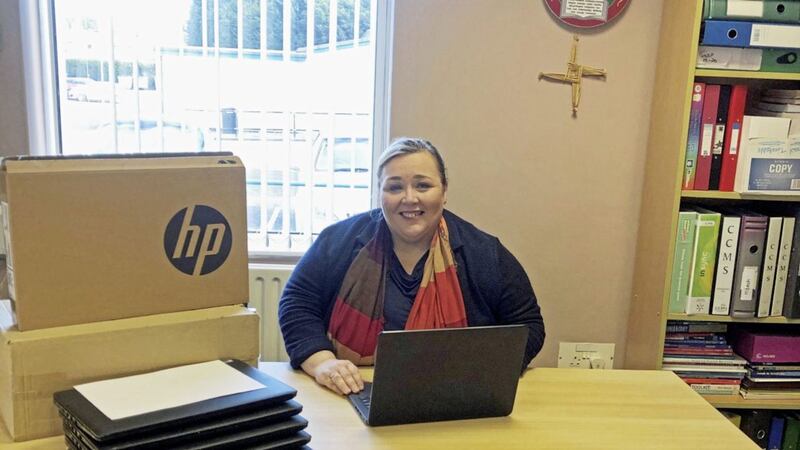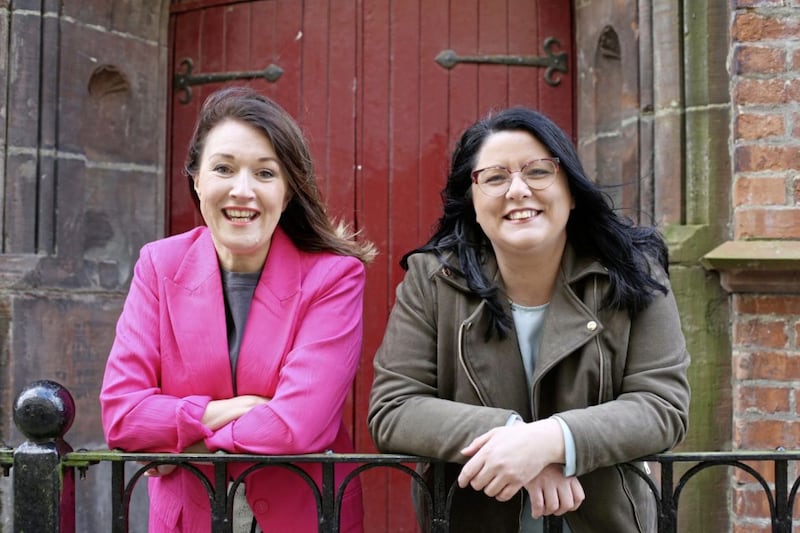ONCE the pandemic is over, it will leave many legacies. One of the more concerning ones will likely be on the education of our children.
Despite the efforts of schools, teachers and parents, the education of every one of the 350,000 pupils in Northern Ireland’s schools and nurseries will have suffered as a result of the pandemic. Some will have suffered much more than others.
In the US, research suggests that school closures due to the pandemic will have a significant impact on the economy for decades to come as this generation of school children hit their prime earning years.
What’s more, the damage it is believed will be felt most acutely by the poorest, further widening the gap of educational and income inequality.
A study from the Organisation for Economic Cooperation and Development released in September looked at the issue from a global perspective. It notes that “students in grades one-to-12 affected by the closures might expect some three per cent lower income over their entire lifetimes.” Again, this report suggests that the impact will be greater for children from poorer families.
One of the reasons for this is that there is a digital divide, with many pupils not having access to devices to do their work, therefore hindering their ability to study at home.
Access to technology is essential for pupils to continue learning during a lockdown, but not all households can readily provide that. Perhaps there are two or three children of school age at home and the family only has one computer.
Indeed, research has shown that high numbers of pupils in schools in the UK and Ireland still don’t have access to devices to ensure they can keep learning. It is believed lockdowns therefore widen the attainment gap between pupils from well-off and less well-off backgrounds as a result.
In Northern Ireland, this is perhaps even more of an issue than elsewhere given the inequality that existed even before the pandemic in our education system. This is why it was so encouraging to see local businesses come together to help provide devices for children who previously didn’t have access to one.
I am aware of a number of initiatives like this which are playing a valuable role. This includes one that Cancom supported in Lurgan to provide laptops to pupils of St Ronan’s College. Businesses with links to the school provided funding to buy 50 laptops to help pupils at the school with digital study.
Other companies providing support included sportswear manufacturer O’Neill’s, McKeagney Pharmacy, and Hannon Transport. Collectively the businesses provided £12,000 to buy the computers to help widen access to learning whilst students are not able to attend school.
This has the potential to make a real difference. The reality is that if students don’t have a computer, they don’t have the means to study from home. So, I want to thank the businesses that supported the initiative.
And as we hopefully move out of lockdowns and into more normal life, initiatives like this will hopefully have helped lessen the impact of the pandemic on the educational outcomes of local children.
:: Patrick McAliskey is strategic adviser to Cancom, a multi-national IT company headquartered in Munich, with 4,000 employees worldwide and 350 based in Belfast.








